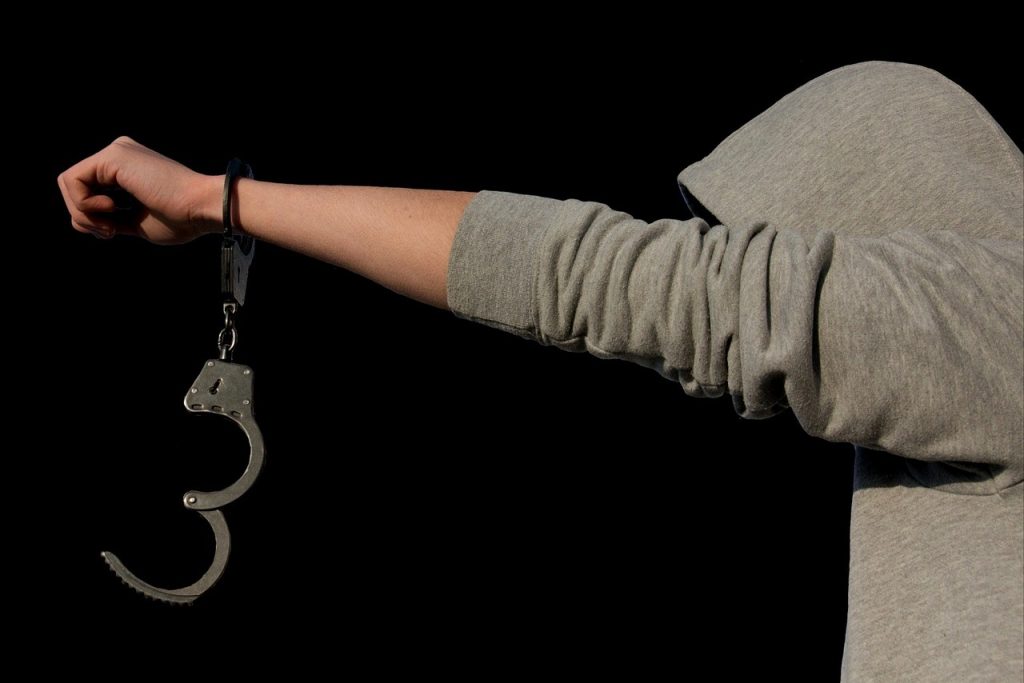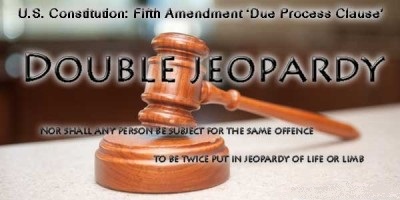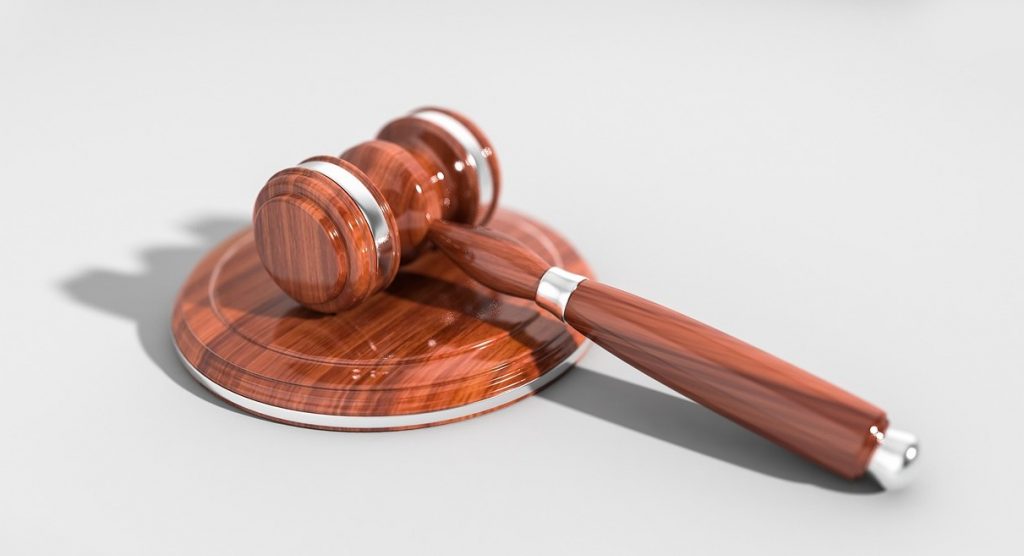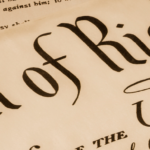Double Jeopardy Rules in State and Federal Court
Have Questions About Legal Concepts or Have Criminal Issues you Want to Discuss? Call the elite criminal defense for help with any Constitutional Defense, including the Double Jeopardy Defense.

The Fifth Amendment to the U.S. Constitution
The Fifth Amendment of the United States Constitution addresses Double Jeopardy. The Amendment provides that “[n]o person shall … be subject for the same offense [sic] to be twice put in jeopardy of life and limb.” The founding fathers intended this Constitutional Amendment to prohibit state and federal governments from prosecuting people for the same crime more than once or imposing more than one punishment for a single offense. Suppose you have criminal law questions about the “double jeopardy defense” or face felony or misdemeanor allegations. In that case, we can help clear up any questions you may have and provide exceptional legal representation relative to any criminal charge.
History of Double Jeopardy
Double Jeopardy is one of the oldest legal defenses in Western civilization. As early as 355 BC, Athenian statesman Demosthenes said, “[t]he law forbids the same man to be tried twice on the same issue.” The Romans adopted the concept in the Digest of Justinian I in AD 533. The Double Jeopardy Defense also survived the Dark Ages (AD 400-1066). English common law described double jeopardy as “a universal maxim of the common law.” The Founding Fathers expanded the protection against double jeopardy when writing the United States Constitution.

Double jeopardy does not apply at the time of an arrest. There are rules to when it applies.
A judge, prosecutor, and defense attorney must answer four essential questions to determine when double jeopardy applies:
- In what type of legal actions does double jeopardy apply? An initial reading of the double jeopardy clause appears to show that it applies only to capital crimes. The United States Supreme Court has extended it to all felonies, misdemeanors, and juvenile delinquency cases, regardless of the punishment.
- When does jeopardy begin? The United States Supreme Court has held that jeopardy attaches during a jury trial when the judge swears in the jury. In a trial by a judge and not a jury, jeopardy attaches when the court swears in the first witness. In a juvenile delinquency case, it attaches when the court first hears evidence. If there is a plea, then jeopardy does not attach until the court accepts the plea.
- When does jeopardy end? Jeopardy ends after a not guilty verdict, after dismissal, after a mistrial, and on appeal after conviction.
- What does “the same offense” mean? The United States Supreme Court has determined that the government may prosecute an individual for more than one offense stemming from the same incident only when each offense requires proof of a fact that the other crime does not require. The prosecutor bears the burden of proof to show that within a group of charges, each has at least one element that the other offenses do not have.
The double jeopardy defense has changed in Michigan, and not for the better. Michigan used to follow the more expansive “transactional double jeopardy defense” but now follows the federal “same elements double jeopardy defense.” Your best hope is to successfully run a double jeopardy defense with a highly-skilled, experienced, and reputable defense lawyer.

Get Your Legal Questions Answered By Elite Criminal Lawyers
We all enjoy watching movies and television. It is important to remember that it is entertainment and not like actual court proceedings. If you have legal questions or do not fully understand a legal issue, you should get answers from experienced and reliable criminal defense lawyers. The importance of getting accurate information is especially vital when you are facing criminal charges. You want the best, most highly trained, and experienced legal team to request dismissal of charges based on the double jeopardy defense.
The defense attorneys with LEWIS & DICKSTEIN, P.L.L.C. have devoted their entire professional career to exclusively working to protect people facing criminal charges. We feel an obligation to protect people from overzealous law enforcement. Our lawyers will make sure the police follow the rules, and we will ensure the playing field is fair by providing a solid defense. Our attorneys have a remarkable track record of success in state and federal courts throughout the United States. If you have legal issues or questions, do not trust just anyone with the answer; trust the lawyers of LEWIS & DICKSTEIN, P.L.L.C.
Call us today at (248) 263-6800 for a free consultation or complete an online Request for Assistance Form. We will contact you promptly and find a way to help you.















